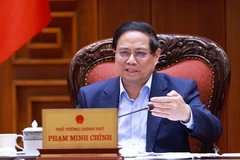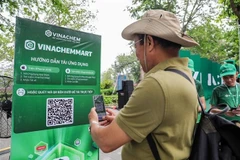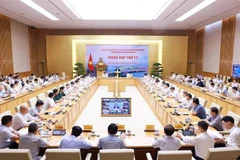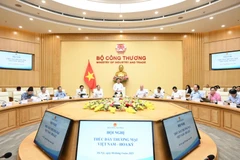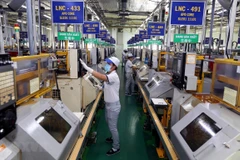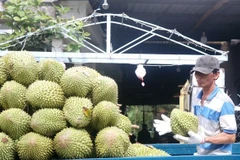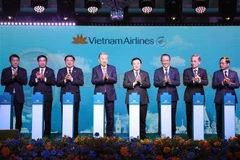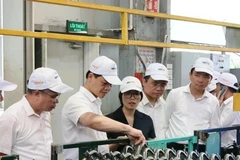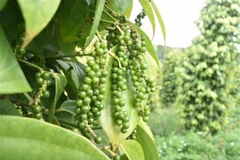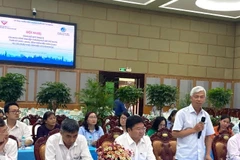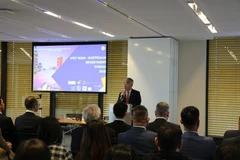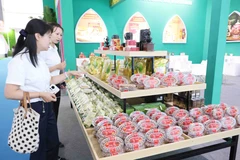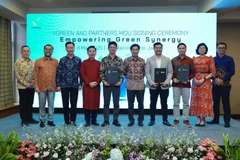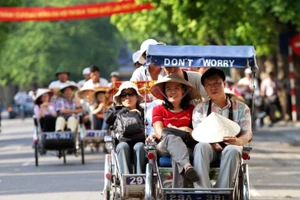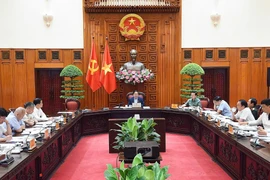The advice came from a ministry official who was speaking at a seminar held in Ho Chi Minh City on May 28.
Nguyen Quan, Minister of Science and Technology, said that IP rightswere a "power tool" for socio-economic growth that many companies hadused in an effective way.
Companies employing IP protectioneffectively have been able to create prestigious trademarks, which haveadded to their market share and revenue, he said.
Asa member of the World Trade Organisation, in recent years, Vietnamhas issued a number of laws, ordinances, decrees and directives toestablish a legal framework and measures on IP rights.
The minister said that protection of IP rights has enabled the country to deeply integrate into the world economy.
Vietnam is negotiating a series of Free Trade Agreements thathave higher requirements for IP protection, especially the Trans-PacificPartnership (TPP).
"Accepting higher requirementson IP protection will create challenges for enterprises when they haveto pay higher expenses for IP rights-related activities, while localconsumers must pay higher prices for IP-protected products," he said.
Pham Phi Anh, deputy head of the National Office of Intellectual Property of Vietnam, agreed.
"Applying for trademark registration and design registration could beexpensive, and with limited financial capacity, local firms, mostlysmall- and medium-sized ones, do not always have the money to protecttheir IP rights beyond their borders," he said.
However, these are only short-term negative impacts. Effective IPprotection, in the long-term, would create a healthy businessenvironment for both local and foreign enterprises in the domesticmarket, limiting production of fake and imitation goods as well asactions violating IP rights in the market, he added.
Delegates at the seminar said enterprises have become more aware of IPrights protection and made efforts to protect it, but many others havenot paid much attention to it.
Representatives ofmany enterprises, including Viet Tien Garment Company and Thang LoiCompany, said they have encountered difficulties to protect their IPrights because of other producers copying their designs and trademarks.They asked for better support from government agencies.
Minister Quan said the ministry was working with other ministries andagencies on a series of measures to help firms protect their IP rightsmore effectively.
The seminar was organised by theBusiness Association of High-Quality Vietnamese Goods, the NationalOffice of Intellectual Property of Vietnam and Tia Sang magazine.-VNA
